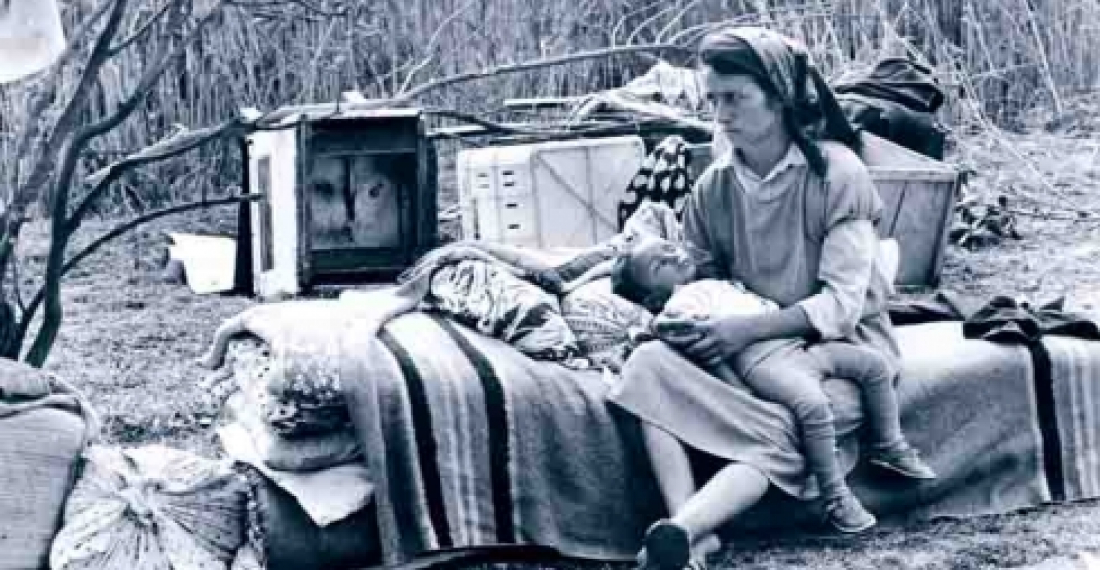The statement came form Ali Hasanov, Vice Prime Minister and chairman of the State Commission for Refugees and Internally Displaced Persons at a press conference on Friday.
“These funds were used to cover household and other expenses of refugees and IDPs.”
“The government spent 121 for each refugee in 2003. So, state subsidies for each refugee and IDP have increased 5.6 times over eight years. This is the highest figure of support for refugees from the country's leadership in the world,” Hasanov said.
About 3.7bn manat have been spent to solve problems of refugees and IDPs from 1993 to 2010, the Vice-Premier added.
“Roughly 2.1 billion manat of this amount account for budget funds, 860 million manat were earmarked by the State Oil Fund and 740 million manat were issued by international humanitarian organizations.
“As many as 67 modern residential areas and 20,000 apartments designed for 100,000 people have been built for refugees and IDPs so far.”
He said all these residential areas have wide modern infrastructure.
“A total of 126 schools, 4 music schools, 40 kindergartens have been built, 600 kilometers of asphalt road has been laid, 700 kilometers of water pipe and 1,700 kilometers of electricity lines have been laid for refugees and IDP settlements thus far,” Hasanov noted.
Ali Hasanov said Belarus builders will begin to construct a small settlement composed of 45 houses for Azerbaijani refugees and IDPs in Ismayilli District in 2012.
“At a meeting with Azerbaijani President Ilham Aliyev, Belarus President Alexander Lukashenko proposed to build a settlement for Azerbaijani refugees and IDPs. Azerbaijani side accepted the offer and the construction is expected to begin in Ismayilli soon,” he noted.
“The draft construction will be developed this year and Belarus builders will start constructing a settlement composed of 45 houses in Ismayilli District through Azerbaijan’s funds in 2012,” the state committee chairman added.
source: www.1news.az
photo: courtesy of wikipedia







